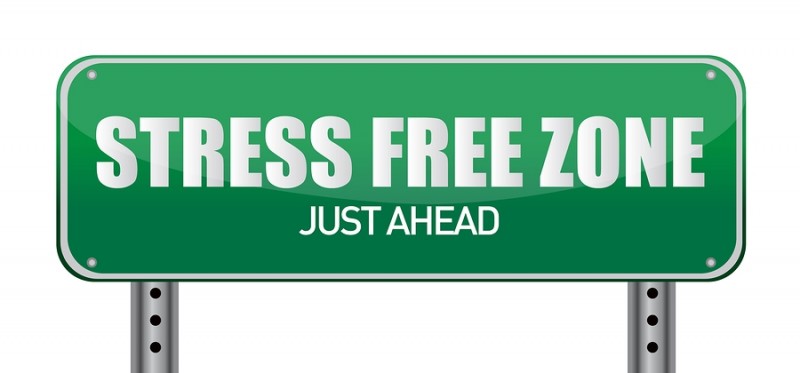Are you feeling overwhelm? Almost everyone I talk to in our crazy busy workplaces is out of time, overworked, and stressed to the max.
And it’s not just the women either. Yes, they especially have their hands full with family and household responsibilities. But men are also feeling what I call “The Overwhelm.”
Overwhelm is that sinking feeling that you get with work stress, when someone lays the last straw on the camel’s back. It’s feels like one last gulp of air before the wave carries you under. You don’t know how but you know you will just have to “get it done.”
What ever happened to saving time through computers, smart phones, and texting? The more gadgets we have the more we try to accomplish and instead of having extra leisure time, we’re more stressed than ever.
Better time management isn’t the only solution to feeling overwhelmed. You may have a case of “brain clutter.”
When you’re feeling stressed and unproductive, your first instinct might be to look for a better system:
- A better system to manage your time
- A better system to manage your projects
- A better system to manage your life
Before you blame the system, first check to see if you have excessive mental friction and brain clutter.
As Brigid Schulte explains in her book, Overwhelmed: Work, Love and Play When No One Has the Time, “Getting a handle on overwhelm was not just about creating more space and order on my calendar and in my office, but doing the same in my mind.”
Eliminating mental clutter will create that space and order in your mind. Typical causes of mental clutter include:
- Ambivalence, indecision and self-doubt
- Tolerations
- Unfinished projects
- Random mental clutter
Unclutter Your Brain
1. Ambivalence and Indecision
In a study published in the Journal of Experimental Social Psychology, researcher Frenk van Harreveld discovered that “When ambivalence is high, choice is unpleasant because of the uncertainty about the consequences of the choice.”
All of that unpleasantness leads to procrastination. The simplest way to reduce ambivalence is to be very clear about what’s most important to you, and narrow it down to just a few priorities. When you aren’t constantly caught up between competing priorities, you have more energy to take action.
Not to self-promote here, but in my work as a coach, my clients have an opportunity to talk about the things that they’re not sure about. We clarify the issues. And what I see – sometimes immediately – is a look of relief, renewed energy, and resolve. They have a plan, they know what to do, they go do it. Overwhelm is lifted and the results are pretty nice to see.
If you have multiple roles in your life, your priorities will shift throughout the day. Decide on your priorities for specific periods of time and you will increase focus and productivity. For example, choose one high-priority focus for your first hour of work, followed by 30 minutes of another priority, such as knocking things off your to-do list, or handling email.
When you’re clear about your priorities, you reduce the number of decisions in favor of automatic routines and processes. Making decisions in advance like this helps alleviate decision fatigue.
For example, when you know that you want to exercise each day, make a plan so that you don’t have to use precious decision-making capabilities to decide when, how, and where you’re going to do it.
What sorts of indecisions are you dealing with that cause you stress and overwhelm? I’d love to hear from you. You can contact me here.

Did You Enjoy This Article?
Join thousands of other smart business owners like yourself & get our Proffittable Times newsletter.
It's filled with actionable content you can apply immediately.
Sign up now to get started!
– Coach Nancy










